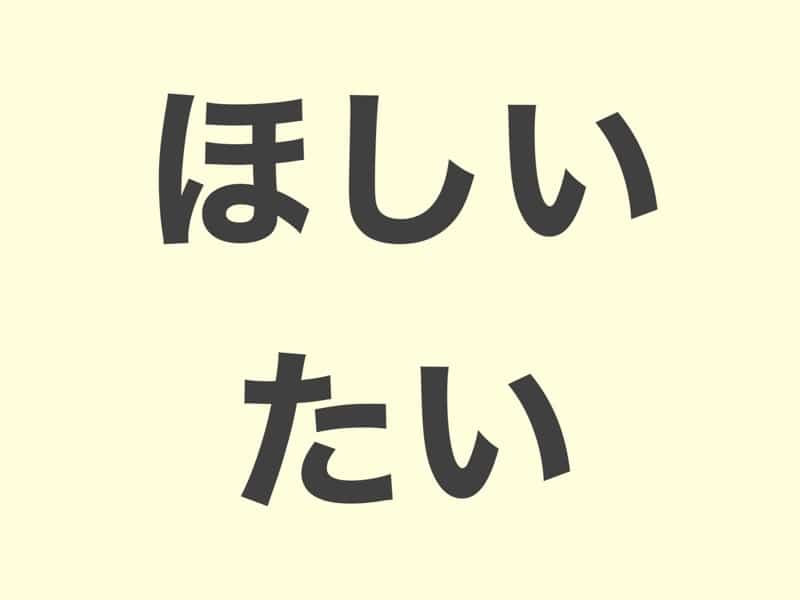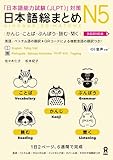In Japanese, expressing your desires can be done using ほしい (hoshii) and たい (tai), but each has specific uses. Knowing the difference between these two expressions can help you communicate clearly about what you want, whether it’s a new item or an experience. Let’s explore each term with examples to make it easy to express your wishes in Japanese!
ほしい (hoshii)
- ほしい is an adjective that expresses the desire for a thing (noun). It indicates that the speaker wants something tangible or specific.
- It’s only used for nouns.
Structure:
- [Noun] + がほしいです
- (Noun + ga hoshii desu)
- I want [noun].
Examples:
- あたらしいくるまがほしいです
(atarashii kuruma ga hoshii desu)
I want a new car. - おかねがほしいです
(okane ga hoshii desu)
I want money.
たい (tai)
- “たい” is added to the stem of a verb to show that you want to do something. It’s only used with verbs.
- It’s commonly used in the first-person form to talk about the speaker’s own desires.
Structure:
- [Verb] + たいです
- (Verb + tai desu)
- I want to [verb].
Examples:
- あたらしいくるまをかいたいです
(atarashii kuruma o kaitai desu)
I want to buy a new car. - ほんをよみたいです
(hon o yomitai desu)
I want to read a book.
Summary
- ほしい: Use with nouns to say “I want [something].”
- たい: Use with verbs to say “I want to [do something].”




コメント